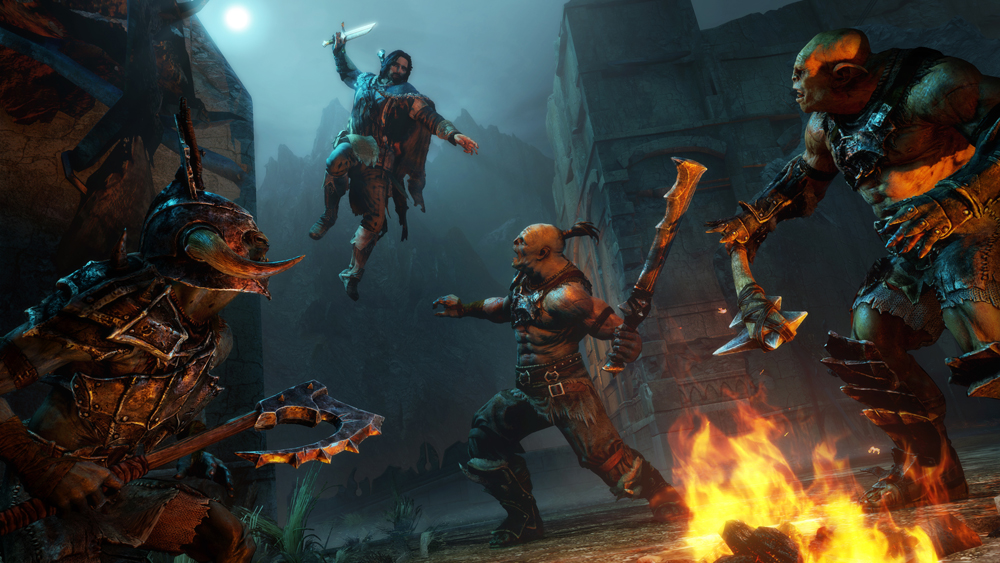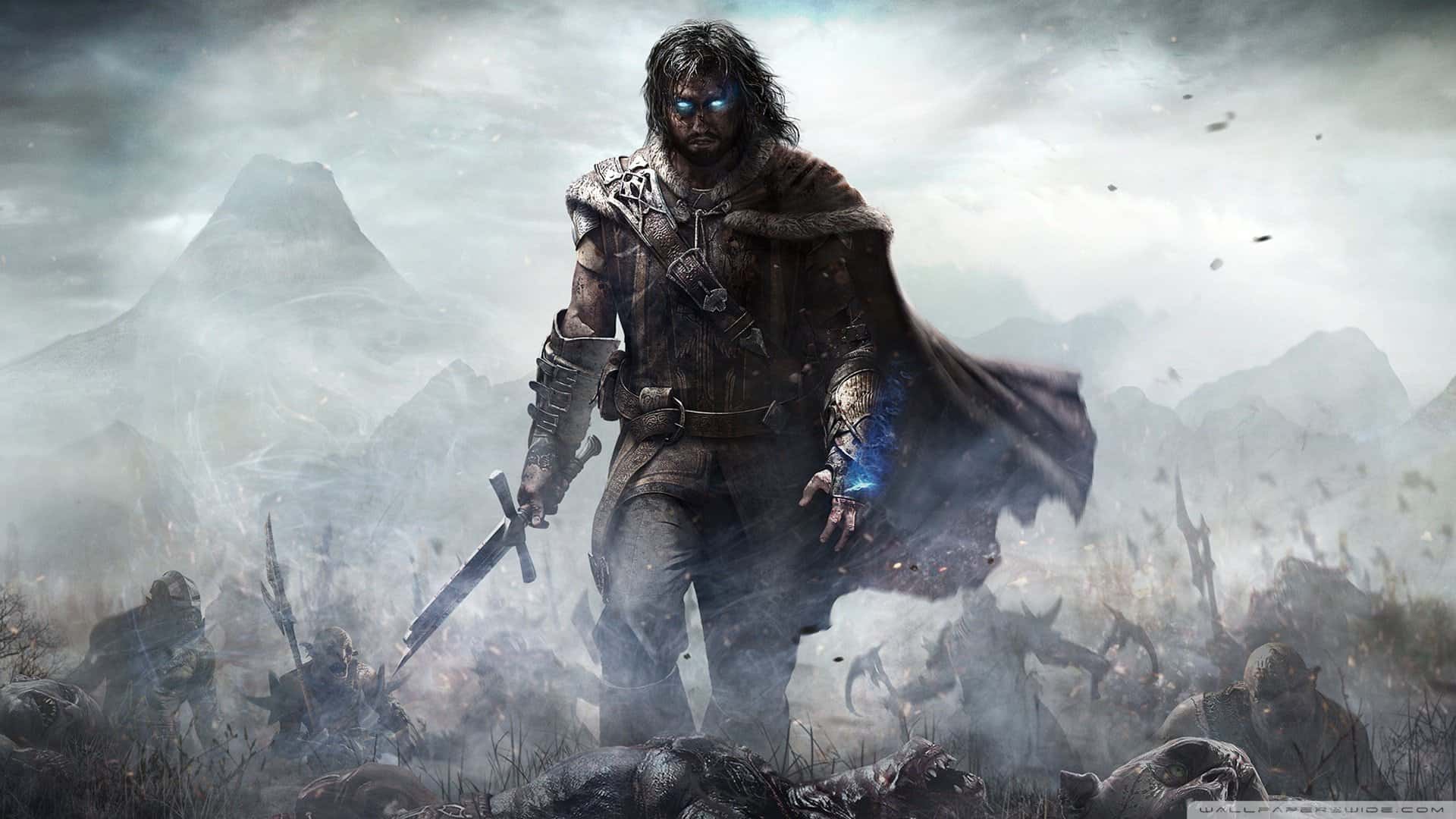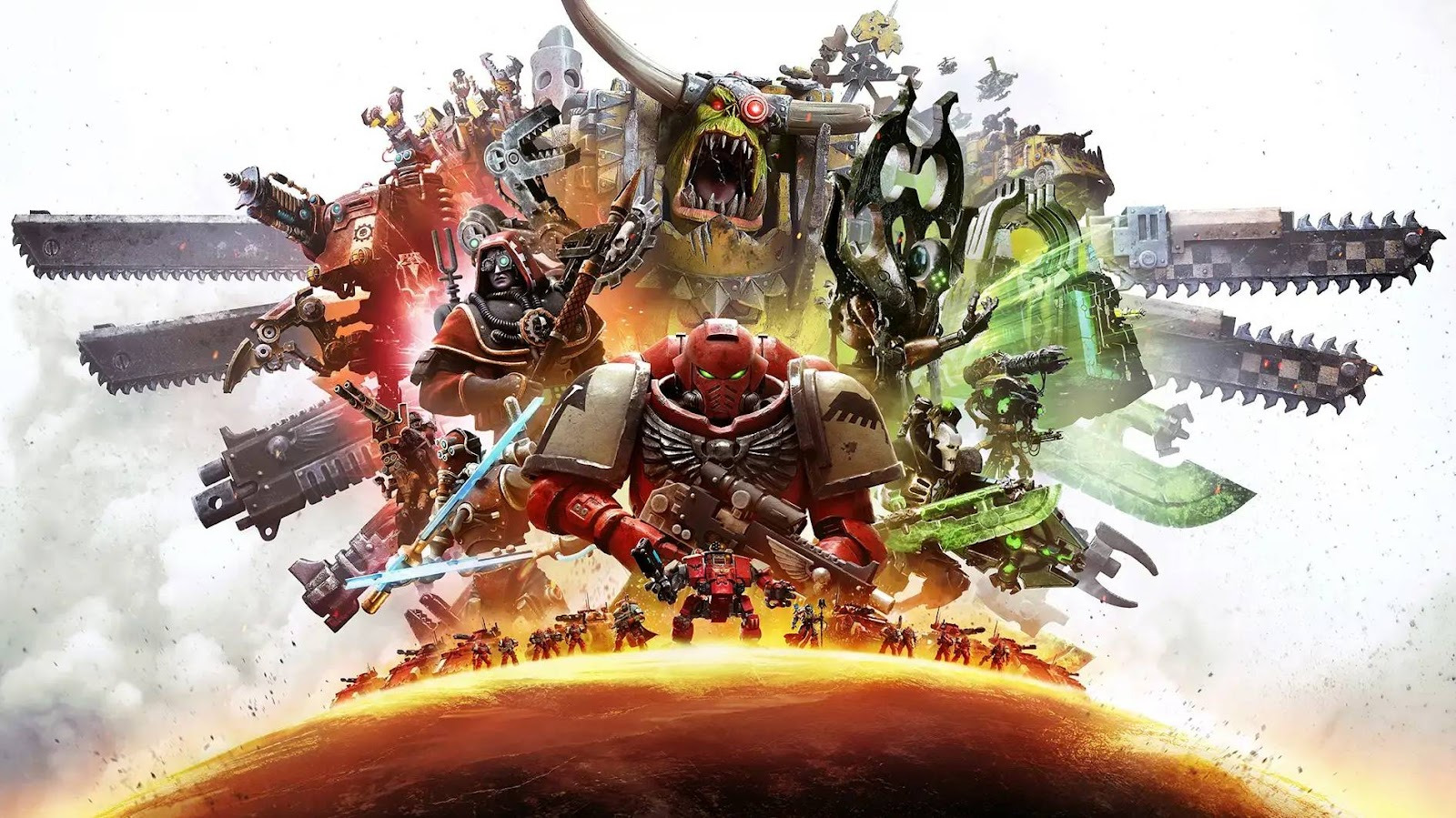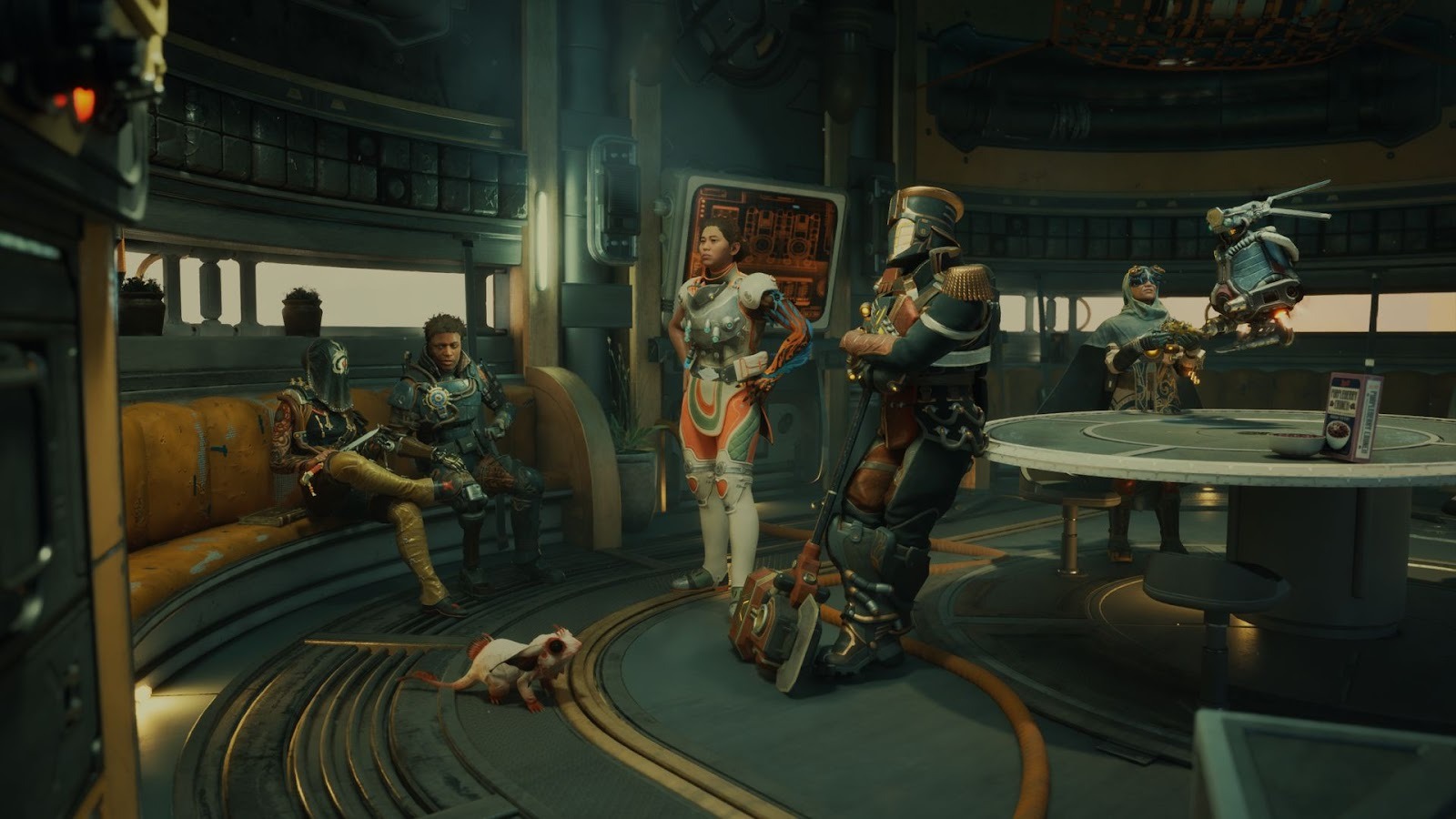You can trust VideoGamer. Our team of gaming experts spend hours testing and reviewing the latest games, to ensure you're reading the most comprehensive guide possible. Rest assured, all imagery and advice is unique and original. Check out how we test and review games here
In video games it is, broadly speaking, possible for a single character (i.e. you, the protagonist) to motivate an unbelievably huge part of an entire society, and its economy — even when this isn’t intended like in city builder sims. This is, of course, kind of incompatible with real life: no matter how many iced ring donuts I buy from the local branch, it’s unlikely that I, personally, am integral to the survival of Greggs as a whole. Not so in a game. In a game I would end up the CEO of Greggs after completing some donut-related quests.
In Stardew Valley, for example, you’re the main patron at the local shop (or at least the one who spends the most on seeds) as well as at the carpenter, at the livestock and feed supplier, and at the geology museum that a tiny town inexplicably has. In almost every RPG ever you’re some species of Chosen One who ends up doing everything, including odd jobs like deliveries and finding cats. Most of the time, we ignore any logical inconsistencies that arise from this kind of thing, in a process called ‘suspension of disbelief’, which might also be known as ‘just enjoying the game’ or ‘not being a f***ing smart arse about everything.’ But what if the central mechanic of the game draws attention to these potential gaps? And what if filling them yourself makes the whole game more enjoyable?
/https://oimg.videogamer.com/images/171c/3f0442ea-b6f8-4eb9-9a32-533ef84b5eea_ss_360e6a398db94335af8213c495ea7e943046edee.1920x1080.jpg)
Having recently played Middle-earth: Shadow of Mordor by way of preparation for the imminent release of Middle-earth: Shadow of War, I found that the main thrust of it made me think about the game-world’s workings. Shadow of Mordor’s USP is the Nemesis System, whereby you forge pseudo-relationships with the officer orcs in Sauron’s army when they defeat you, or escape from you. They develop over time, gaining new weaknesses or strengths for you to take into account when you go up against them, and they yell insults at you in cockney or New Zealand accents (and they have randomised, often unfortunate names like Kragash Runny Bowels). You can observe and investigate the structure of the army’s hierarchy. Thus, the Nemesis System draws your attention to how Mordor’s army is huge, and that war is basically the main thing orcs do.
Running around Mordor reminded me of a thread about fictional economies from Twitter courtesy of Sigrid Ellis. Sigrid was specifically talking about how ‘post-collapse’ economies are represented in TV shows but the thread goes into some detail about how Viking and Medieval European economies functioned, and it turns out it took a lot of normies — that is, not-a-warriors — to support one is-a-warrior. About 100:1, in fact. Mordor is an entirely war-focused society. It’s also quite an empty one. Or, to put it another way: who the f*** is making the orcs their mead, and where the f*** are the brewing facilities?
To be fair, the game explains that, for example, there are fertile regions that can provide food for the armies, and that most of the work is done by slaves taken from Gondor. I understand intellectually that a hundred of them can’t be generated for every single orc scrub in-game, but that doesn’t mean I don’t enjoy pretending that’s what Mordor is actually like. Thus to me it feels like, long term, humanity would have a statistically alright chance of defeating game-world Sauron by hiding well enough and waiting for the last Orc to get so hungry he starts chewing on his own leg, and falls over.
The Nemesis System is significant in another way, however, because it’s through this system that the protagonist Talion becomes, in my personal headcanon, a primary motivating factor for huge swathes of the Mordorian economy.
/https://oimg.videogamer.com/images/4fca/0c970398-1b20-4c06-b751-4cac2f9a42a1_middle_earth_5.jpg)
Consider:
If left to their own devices, the orcs would maintain a cycle of change through the ranks of the army via the occasional challenges and battles you see them engage in during the game. These, however, are far less frequent than either a) Talion killing an officer or b) Talion being killed by some random-ass mob who got lucky, the latter being the larger determining factor if you’re not that good. Through these factors Talion is responsible for a huge swing in upwards mobility from lower ranking orcs, as well as turnover — either through promoted Orcs displacing the previous incumbent, or through Talion killing them, starting the process again — increasing the demand for officers as well as being responsible for non-ranking orcs getting suddenly catapulted upwards in the hierarchy. This would potentially cause a micro-economy whereby an Orc’s stated occupation, if Orcs have such a thing as a census, could be specifically hunting Talion, since, although it’s a high-risk job, it would result in a high-reward promotion if successful.
Point b) is also affected by your own particular player weakness, so in my playthrough a liquid 30% of the upper echelons of the orcish army is now made up of archers and spear throwers, since my Talion apparently has a giant, gaping blind spot when it comes to ranged attacks and finding some cover, for God’s sake. With this process repeating in the different regions of Mordor, ranged warriors would naturally be given more significance for the army and society, with the whole thing shifting slightly to support that (including things like ranged combat becoming a more sought after skillset, increased training for said skillset, and, following on from that, an emphasis on ranged weapon production to keep all the new archers armed).
/https://oimg.videogamer.com/images/4c16/6a611007-7590-41f1-9060-84e8fc14660a_ss_a7a02628b413b410a91402cc24fe54a54b50a9d3.1920x1080.jpg)
The obvious ridiculousness of considering all this didn’t make me enjoy the game less. It made me enjoy it more, imagining an orc, having managed to kill Talion, scampering home to his orc wife in their orc two-up two-down: ‘I’ve done it, sweetheart! No more mutton for us!’ I was able to construct elaborate future scenarios wherein the orcs, frustrated by the totalitarian regime that provides few opportunities beyond murdering one (1) not-completely-dead ranger/wraith hybrid, rise up and seize the means of production, eventually becoming a more agrarian society after generations of not being at war with everyone and each other all at once. This was a lot more fun than concentrating on wrestling with the camera in Shadow of Mordor, which I would describe as diabolical (and often a contributing factor to point b) above).
For this reason it gladdens my heart that Shadow of War is going to feature things like different clans for the orcs, which carry out different functions for the war effort, because it gives me epic scope for more of this kind of thing. Two armies! Surely they’ll have separate supply lines. Is Talion having to bring in food from outside Mordor, if Sauron still controls all the fertile land in Núrn? Where does Talion source his labour? Does he pay them? What with? I dearly hope these questions aren’t answered in the game, because sometimes it really is better to make your own fun. Albeit in the most insufferable way possible.
/https://oimg.videogamer.com/images/0b45/82d33ca1-84cf-4b38-a707-4a6248b4deda_ss_68697a274ce491c11d94c0cc94a213177945919c.1920x1080.jpg)
Middle-earth: Shadow of Mordor
- Platform(s): Linux, macOS, PC, PlayStation 3, PlayStation 4, Xbox 360, Xbox One
- Genre(s): Action, RPG







